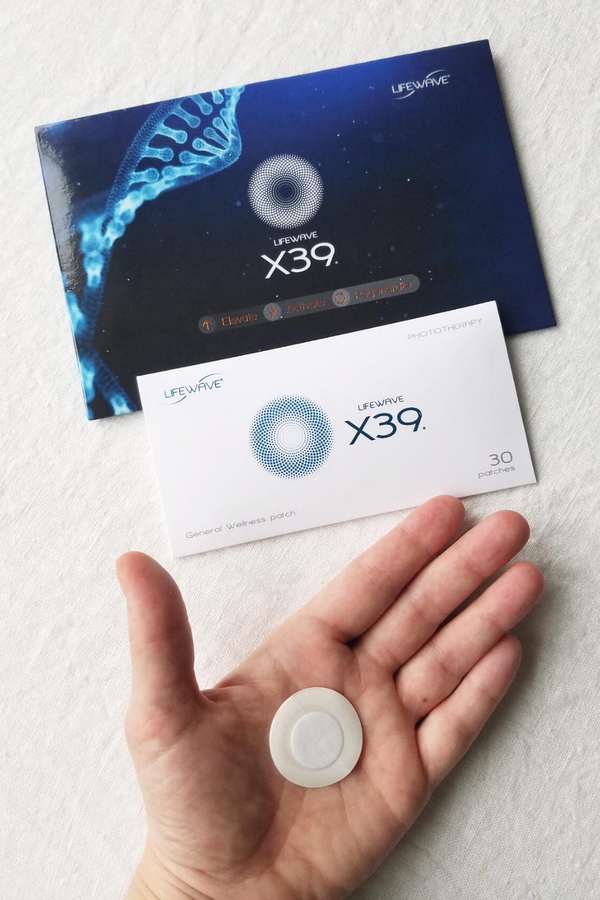Eyes are the window to your body
What can we learn from the eyes? Having a comprehensive ocular health and vision exam can reveal much more than vision.
HIGH BLOOD PRESSURE, HEART, CHOLESTEROL, DIABETES
Changes in the circulation in your body can be reflected in the blood vessels in the retina. The blood vessels in the eye are very fragile. Changes in the micro circulation such as micro aneurysms or small hemorrhages or blockages in the vessels can indicate lipid or clots and be a reflection of disease in the body. The circulation in the eye can be an early indicator of illness before a diagnosis is made. The absence of hemorrhages does not guarantee there is no disease but can be a predictor of control. Patients with these vascular diseases should have a retinal examination regularly.
CANCERS
All organs in the body are composed of three main tissues. Subsequently if there are changes in one tissue type there are often changes in the rest of the body including the eyes. Cancers or uncontrolled growth of cells can be found on the skin around the eyes as basal cell or squamous cell carcinomas. It is critical to wear 100% UV filtering sunglasses all seasons of the year. Cancers such as melanoma can also be detected in the eye on the iris or in the retina. There will be no visual symptoms or ability for patients to detect these tumours without a comprehensive eye exam. Metastasis of tumours from multiple organs such as breast, colon, lung, prostate and melanoma can be found in the eyes. Eye health exams should be part of wellness plans.
STROKE
The eyes and the brain share a common blood supply from the carotid arteries. Examination of the health of blood vessels in the retina can detect signs of increased risk of carotid artery disease and stroke. With blockage of the carotids, patients can experience lack of blood flow to the occipital cortex which is the part of the brain used for vision. Patients may have transient vision loss which would prompt a visit to the optometrist to rule out an eye problem. When the problem is stroke or blockage of blood to the brain optometrists can be the first to assess patients. Urgent care would then be required to save vision and potentially to save life.
DEMENTIA
The eyes are an extension of the brain. Amyloid protein that builds up in the brain in Alzheimer’s disease may appear in the retina as an early marker of the condition. It is hypothesized that changes in the brain are associated with changes in the retina in neurodegenerative diseases like Alzheimer’s. We have tools to visualize and photo document the mid to far peripheral retina and potentially have imaging markers for progression of neurodegenerative disease. The full case can be read at https://optos.is/3umhK0P.
Despite that it is always prudent to have baseline retinal imaging, these advances in technology do create ethical questions for both patients and optometrists to consider.





